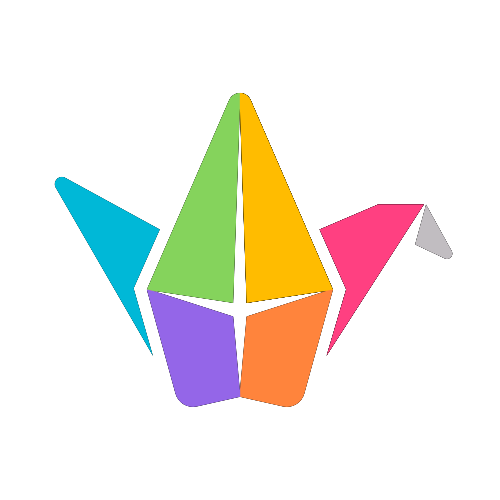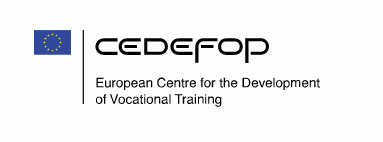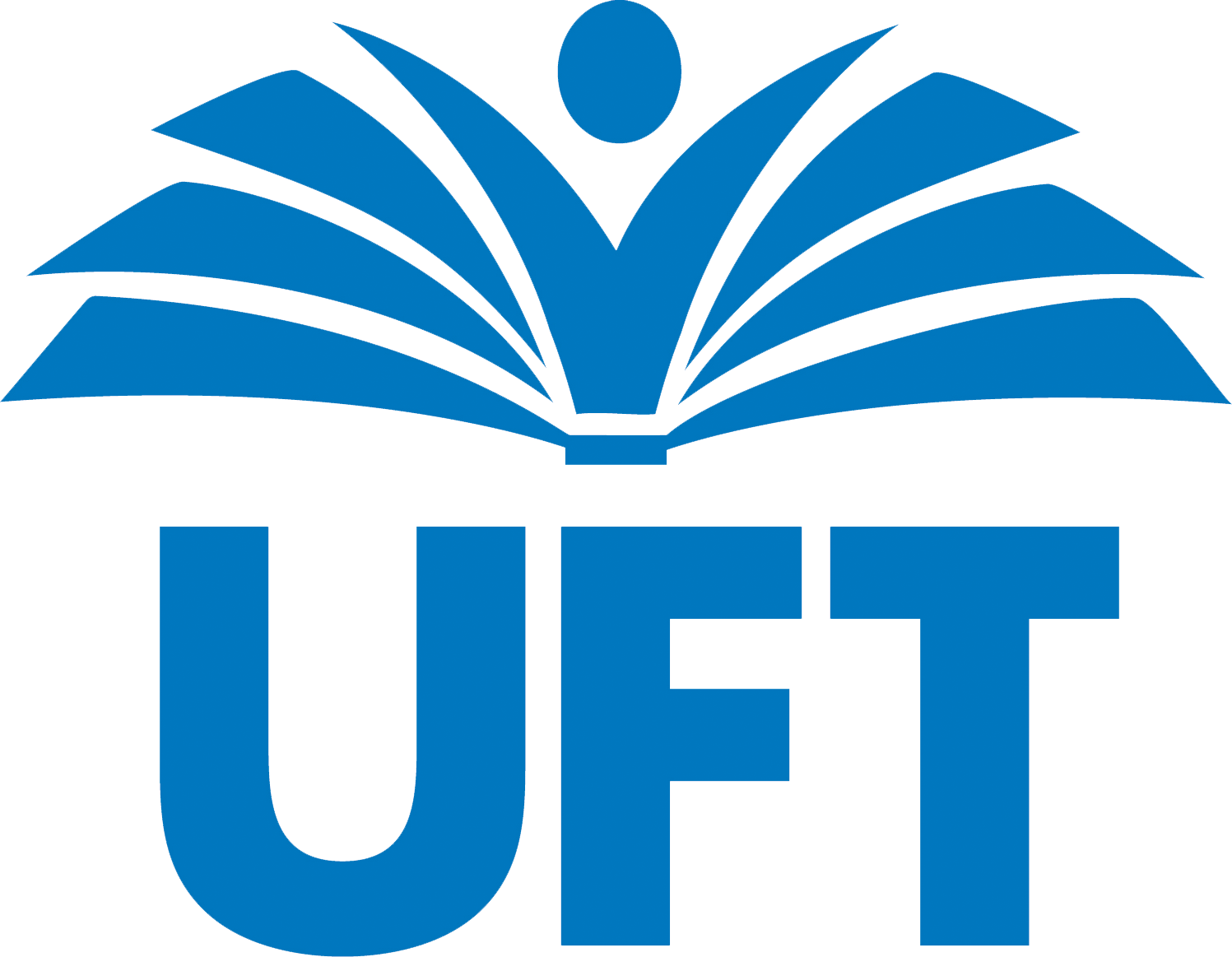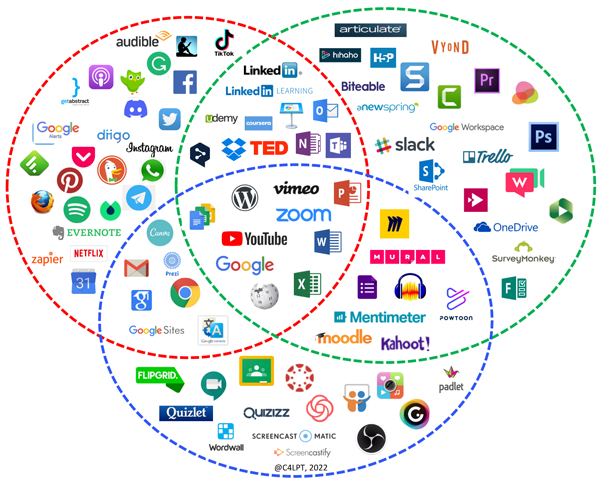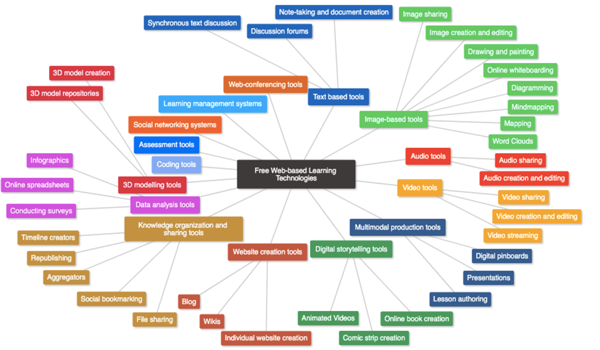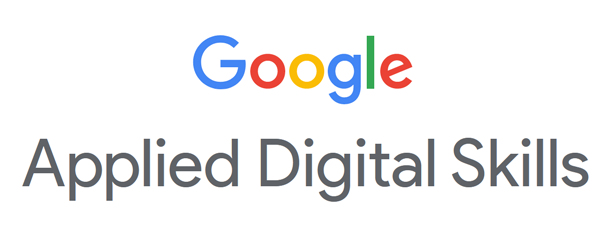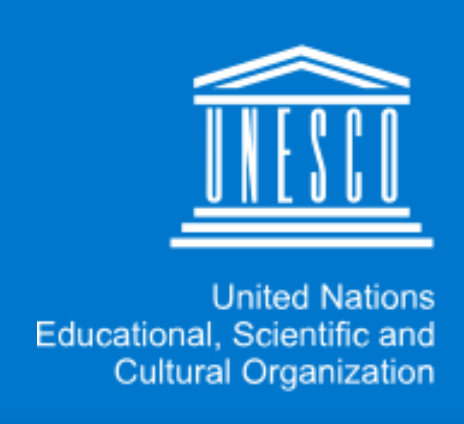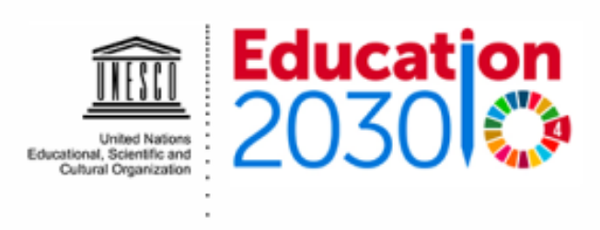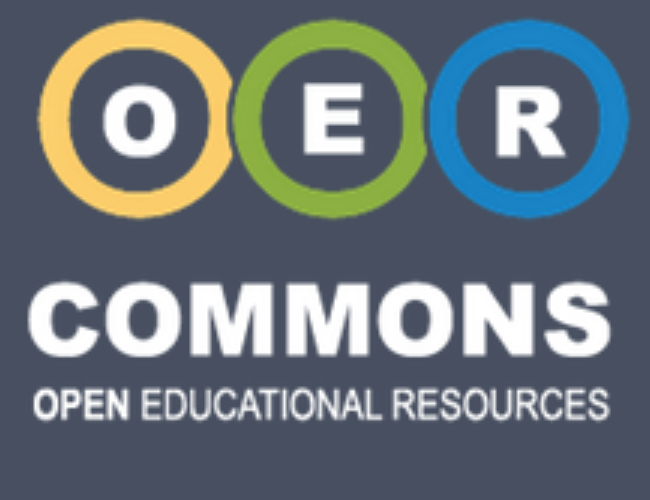-
Cedefop
Placed at the centre of European cooperation, Cedefop aimed at improving vocational education and training (VET) through effective policy-making. It has helped raise the profile of VET beyond education and training and employment policies, not least through its work on green skills and its activities dedicated to digitalisation, artificial intelligence and the future of work.
-
Education & Skills Online Assessment
Education & Skills Online is an assessment tool designed to provide individual-level results that are linked to the OECD Survey of Adult Skills (PIAAC) measures of literacy, numeracy and problem solving in technology-rich environments.
-
Europass
With your Europass you can: 1) Create a personal record of all your skills, qualifications and experiences; 2) Reflect on your skills to understand your needs and interests; 3) Receive personalised course suggestions; 4) Prepare and keep track of applications, design custom CVs and cover letters for different courses and studies; 5) Store all your…
-
Apps for Teachers
A list of apps used at UFT-CWE’s Professional Development Digital Literacy meetings.
-
Typology of Free Web-based Learning Technologies
Only a narrow subset of tools available are being used for developing digital literacy. Hence, this literature review arranges 226 browser technologies into 40 types and 15 clusters that can promote more productive and interactive learning.
-
Closing the Digital Skill Divide
National Skills Coalition, in partnership with the Federal Reserve Bank of Atlanta found 92% of jobs analyzed require digital skills, which is why the Digital Equity Act will implement $2.75 billion to advance digital equity among populations most impacted by the digital divide.
-
Digital learning and transformation of education
Digital innovation furthers UNESCO’s Sustainable Development Goal 4.4: Relevant skills for decent work. The COVID-19 education disruption clearly revealed the urgent need to ally technologies and human resources to transform schooling models and to build inclusive, open and resilient learning systems. Developing digital literacy and digital competencies with a focus on teachers and students is…
-
ICT Essentials for Teachers
These units of study are directly aligned to the UNESCO ICT Competency Framework for Teachers (CFT). Specifically, the Global Education Coalition (GEC) aligned these 18 units with UNESCO ICT CFT: Knowledge Acquisition. globaleducationcoalition.unesco.org
-
UNESCO ICT Competency Framework for Teachers
is arranged in three different approaches to teaching: Knowledge, 1) Acquisition, enabling students to use ICT in order to learn more efficiently; 2) Deepening, enabling students to acquire in-depth knowledge of their school subjects and apply it to complex, real-world problems; and 3) Creation, enabling students, citizens and the workforce they become, to create the…
-
The Digital Competence Framework for Citizens
offers a common understanding of what digital competence is, applying over 250 examples of knowledge, skills and attitudes that help citizens engage confidently, critically and safely with digital technologies. DigComp 2.2 takes account of emerging technologies, such as Artificial Intelligence (AI), the Internet of Things (IoT), datafication or new phenomena derived from the pandemic crisis,…


